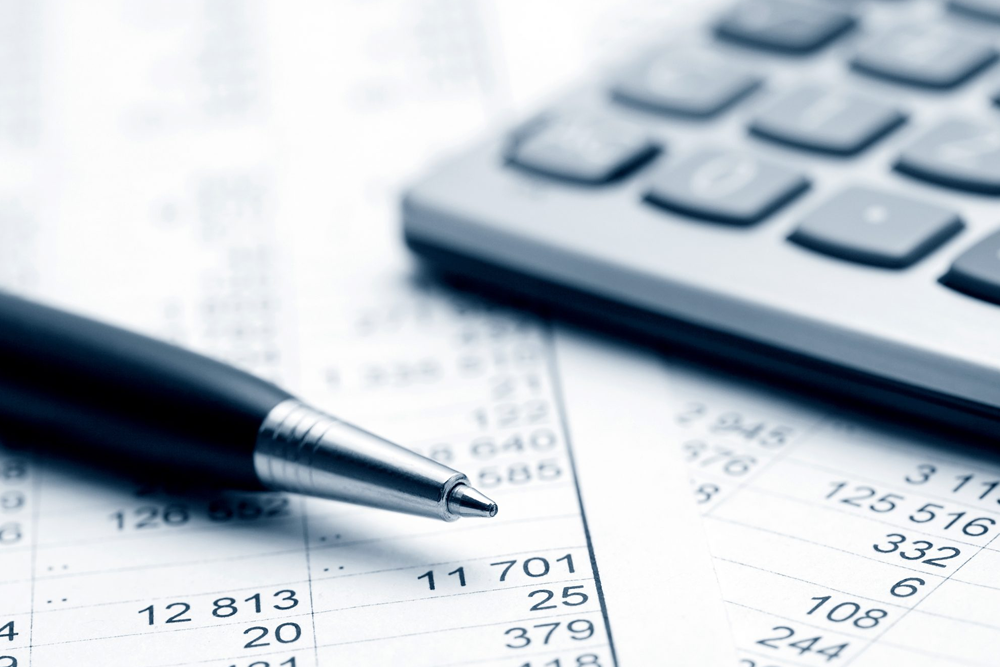
With the right amount of time, a modicum of intelligence, and some dedicated study, you might hire a financial advisor or opt for a Robo-advisor. Eventually, you will pay for that service in one way or another.
Why is it important to have a financial plan?
Typically, every individual is at different levels on the commercial scale. Despite where they fall in the city’s financial pyramid, every individual needs an effective plan, which can help them prioritize and attain targets with respect to their income.
A financial plan not only assists you in prioritizing but also allows you to set short and long-term goals in order of their importance. It superficially helps you in making critical decisions, secures your retirement plan, and instills discipline.
Whether you are a professional in finance and business, it is imperative to know how to plan against your financial situations. As much as you can look for professionals to make your financial plans for you, some personal financial choices are best made by you.
How to become your own financial advisor?
This section will lay down how to be a good planner at your personal finances and investments. As mentioned earlier, if you enjoy this kind of stuff and have the time to give out, then, by all means, this will mean more power to you.
List out your financial goals
Creating a list of your financial goals is vital. This way, you do not miss out on crucial details included in your plan. Follow the following steps when listing out your financial goals.
- Determine your main financial and personal goals: Before you can create a solid financial plan, you have to be clear about your goals. Popular financial goals include: paying for education, planning for retirement, developing a financial safety net to protect you from life changes, disasters, unexpected expenses, creating an inheritance of beneficiaries, and purchasing a home. You can look for templates for worksheets to assist your financial goals by searching online.
- Be accurate in the goals you want to attain: Make sure your goals are measurable, specific, timely, realistic, and attainable. For instance, you might not be saving money, and your goal is to save more. Converting this goal to save five percent of your monthly income is not only specific but also measurable. You can tell when you have achieved it and when you have not and is attainable in a reasonable time frame. Ensure you write your goals down. This will help you remember them and keep you accountable. A good strategy is to write medium, short and long-term goals.
- Determine how much you will need to attain your primary goals: For a successful financial plan, it is vital to quantify your goals. This means you take a specific goal and convert it into a dollar figure. Once you know this amount, it is possible to create a plan to determine how much money saved and invested you will need to supplement your other sources to hit your mark. There are online templates to help you calculate your needs for retirement and other goals.
Determine your current financial situation
First, calculate your net worth. Net worth is defined as your assets deduct liabilities ( or what you own deduct what you owe). This figure will give you a definite sense of your current financial position and help you make the correct decisions and attain your financial goals. You can establish a simple worksheet to calculate your network, or simply find a template online. Start by creating two columns, one for liabilities and another for assets.
Now list your assets. An asset simply denotes anything you own and can incorporate savings and checking accounts, cash on hand, real estate, retirement funds, investments, and personal property.
Next to every asset., note down the value of the asset. For instance, if you own a home, list its value. Add together the values of your assets to get the total value of your assets.
Now list your liabilities. Liability refers to any debts you owe. This includes things like personal loans, car loans, student loans, credit card debt, and mortgage balance. Add together all the amounts of your individual liabilities to get the total liabilities amount minus the total amount of your liabilities from the total value of your assets. This figure is your net worth. If the number is negative, it shows that you owe more than you have.
As you advance in your financial plan and save more money, your assets should increase (together with more savings), and your liabilities will reduce (as you get rid of your debt).
Draft your budget
When finances are engaged, a budget cannot be side-lined. Budgets are those balanced lists that offer you a view of how to make optimal use of your money. It considers your expenses, income, and investments within a set period.
A budget can help you arrange your needs in order of significance, making it simpler to share funds with each of your vital financial goals. If you are in any kind of debt or have taken a loan, having a budget would discipline you to pay off that loan within the speculated time. From a standard paper and pen to budgeting tools such as Excel, drafting a budget is the first and most natural strategy in financial planning.
Use a reliable financial planning software
A vital tool when making a financial plan would be financial planning software. Nonetheless, make sure you have the right one for you and your business.
Look out for easy and responsive to use finance software that enables you an insight into your future plans. The ability to manage a sophisticated set of financial assets is another indicator of the right financial planner. Finally, on this point, it is pertinent that the application provider guarantees the security of your personal information.
Have a contingency fund
A contingency form, also known as an emergency fund or reserve, is a financial plan of strategizing your way out of emergencies. A contingency fund is fundamental in any financial plan. From accidents to business loss and medical expenses, emergency funds can help you out of bankruptcy and debt. So anytime you are making a financial plan, do well to incorporate it into your project. All you have to do is to assess your budget and save up to six months of your living expenses.
Pay off high-interest rates first
You should pay off high-interest debts to decrease the interests paid overtime on your credit cards, avoid taking high-interest credit and spend within your means, and make a note not to purchase things you do not exactly need.
Health insurance
Health insurance is the most essential yet most ignored part of personal finance. Unfortunately, people only take this when something terrible has happened. Considering the income principal, you should have eight to ten times your income assured.
Plan for your retirement
Most people understand the significance of a retirement plan; however, not many end up doing it. Allocate a certain amount from your income for retirement and include it in your budget. Make sure you save at least ten percent of your income for securing your retirement.
Consider making investments
Investing is a vital part of most financial plans, as it follows you to reach your financial goals faster, and with less money saved by generating a return. It is essential to note that all investments come with some level of risk, and it is possible to lose your money.
Common areas of investments include commodities, real estate, bonds, mutual funds, and stocks. Each kind of investment has a different earning potential, risks, and costs. Typically you can buy many various investments (like mutual funds, stocks, and bonds) through brokerages, banks, and sometimes directly from companies, municipalities, and governments.
Much investing can now be sophisticated entirely online; however, you can consult many investment brokers in person. Charges for face-to-face consultation, nonetheless, will possibly be higher than transactions you complete on your own online.
Think carefully when making financial decisions
When making any financial decision, stop, ask, verify. Estimate, then decide. Always give yourself time to think before making any financial decision. Do not be pressured by brokers and salespeople. Inform them you need time to consider. Also, ask about costs (maintenance, fees, taxes, etc.) and risks that would involve your decision. Ensure you know the worst scenario and verify all information to ensure it is accurate and trustworthy.
Taking each of these steps, one by one will assist you in securing a solid financial plan. Lastly, make sure you assess your policy regularly and adjust it with the changes that have occurred in your finances. With all these in place, you will be a great financial planner.











